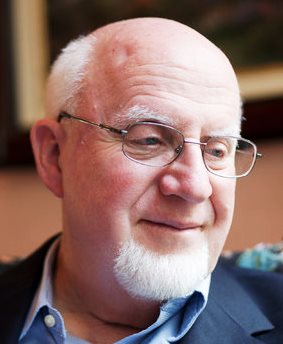
I was talking recently with a gracEmail subscriber who is using the Bible to teach some Chinese physicians conversational English. Must a reader know and ascribe extraordinary authority to the Christian scriptures in order to benefit from them? If so, how can one person convince another person of the Bible’s unique authority?
* * *
As believers, our first task is not to convince people that they must follow the Bible; it is to introduce people to Jesus Christ. The Bible contains the story of God and his people, and their response to God’s regular rescues on their behalf. It is the testimony of God’s people, through which God works by the Holy Spirit to give people faith. But the ultimate aim is not proving something about the Bible. It is using the Bible to point people to Jesus. We do not worship the Bible, we worship God. The Bible points to Jesus and Jesus points to God. The Holy Spirit makes all that happen and we can trust God to do his work as we obey him.
Many Christians over the past 2,000 years have not owned Bibles, and many could not have read them if they had. But they all had saving faith in Jesus Christ, to whom the entire Bible points as the Savior of humankind. The Apostle Paul says thatall Scripture is inspired by God (2 Tim. 3:16-17). This word “inspired” is literallyGod-breathed, which reminds us of the story of God creating Adam from dirt, then breathing life into him to become an animated man (Gen. 2:7). That is a faith statement and I do not know any way to prove it with mathematical certainty.
The earliest disciples of Jesus did not begin with the Bible and certainly not with the 27 books we call the New Testament. Believers did know the story of the amazing life, death and resurrection of Jesus Christ, through which they now re-read the Jewish scriptures (the Christian “Old Testament”). Like the New Testament Scriptures after them, these older Scriptures give salvation-wisdom by leading the reader to trust in Jesus Christ as Savior (2 Tim. 3:15).